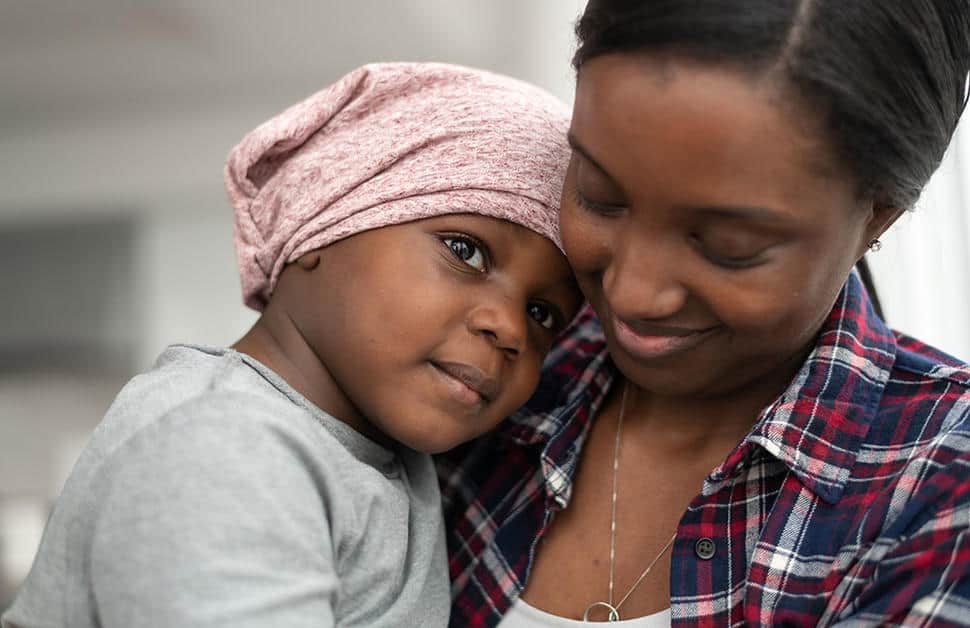

9 AM - 5 PM



The foundation of cancer prevention should begin early in life. By acting early, you can reduce your child's chances of developing cancer later in life. It includes supporting them to adopt healthy habits and lifestyle and ensuring they receive vaccination at the right time. Let us discuss them in detail.
Sun Safety Measures
Repeated severe sunburns can raise your child's likelihood of getting skin cancer in the future. This is more significant in Bahamas as it is a tropical country. Here are some steps they can take to guard their skin against sun damage:
- Avoid prolonged exposure to sun. Seek shade whenever possible.
- Wear a hat, sunglasses, and garments that cover the arms and legs.
- Apply a broad-spectrum sunscreen with a minimum SPF of 15 when you get out in the sun.
Ensuring HPV Vaccination for Your Children
The Human Papilloma virus (HPV) is a common virus, typically transmitted through sexual contact. It is responsible for causing cervical cancer and other types of cancer, including the vulva, vagina, penis, anus, and the oral cavity. The HPV vaccine shields against the HPV types most frequently linked to cancer. It's advisable for all preteens to receive this vaccine when they are 11 to 12 years old. Teenagers and young adults up to 26 years who haven't begun or completed the HPV vaccine series should get vaccinated at their earliest convenience. The HPV vaccination can commence as early as the age of 9.
Encouraging an Active Lifestyle and Healthy Weight for Your Kids
Children who are obese have a higher likelihood of becoming obese adults. Adult obesity augments the risk of severe health issues, such as cancer. You can assist your children in forming healthy dietary habits and maintaining regular physical activity and ensure they have a healthy weight. The amount of physical activity required for children varies with their age. Kids aged between 3 to 5 years should be active most of the day, while older children and teenagers should engage in at least an hour of daily physical activity.
Discussing the Hazards of Smoking with Your Kids
Smoking is strongly associated with lung cancer, oral cavity and throat cancer, esophageal and stomach cancer. The majority of adults who are daily smokers had their first smoking experience by the age of 18. As of 2021, about one-third of high school students in the US reported trying a tobacco product. Engage your children in a discussion about the harmful effects of smoking and ask them to avoid.
Exposure to secondhand (passive) smoke can lead to serious health complications in both children and adults, including lung cancer in non-smokers. Avoid exposing your children to the passive smoke.
Avoid Alcohol and Drugs
Consumption of alcohol has been linked to various forms of cancer including liver, pancreas, breast and colon. Intravenous (IV) drug use, particularly with unclean needles, can result in infections such as hepatitis B and hepatitis C, which can lead to liver cancer, or HIV, which can cause multiple types of cancer. Engage in early, consistent, and age-appropriate conversations with your children about the dangers of alcohol and drugs.
Sex education and safe sex practices
Guarding against sexually transmitted infections like hepatitis B, hepatitis C, HIV, and human papilloma virus (HPV) is crucial. The risk of contracting one or more of these infections, which can lead to numerous cancer types, can be reduced by ensuring your children are well-informed. Initiate early, regular, and age-appropriate talks with your children about safe sexual practices to protect themselves from sexually transmitted diseases. Also get your children vaccinated against hepatitis B and HPV.
If you have a family history of cancer or certain diseases, you or your kids may be at greater risk of developing cancer. Talk with your health-care provider if you have concerns about the same. Instilling habits of cancer prevention and other healthy behaviors in children from a young age can help them integrate these practices into their lifestyle.